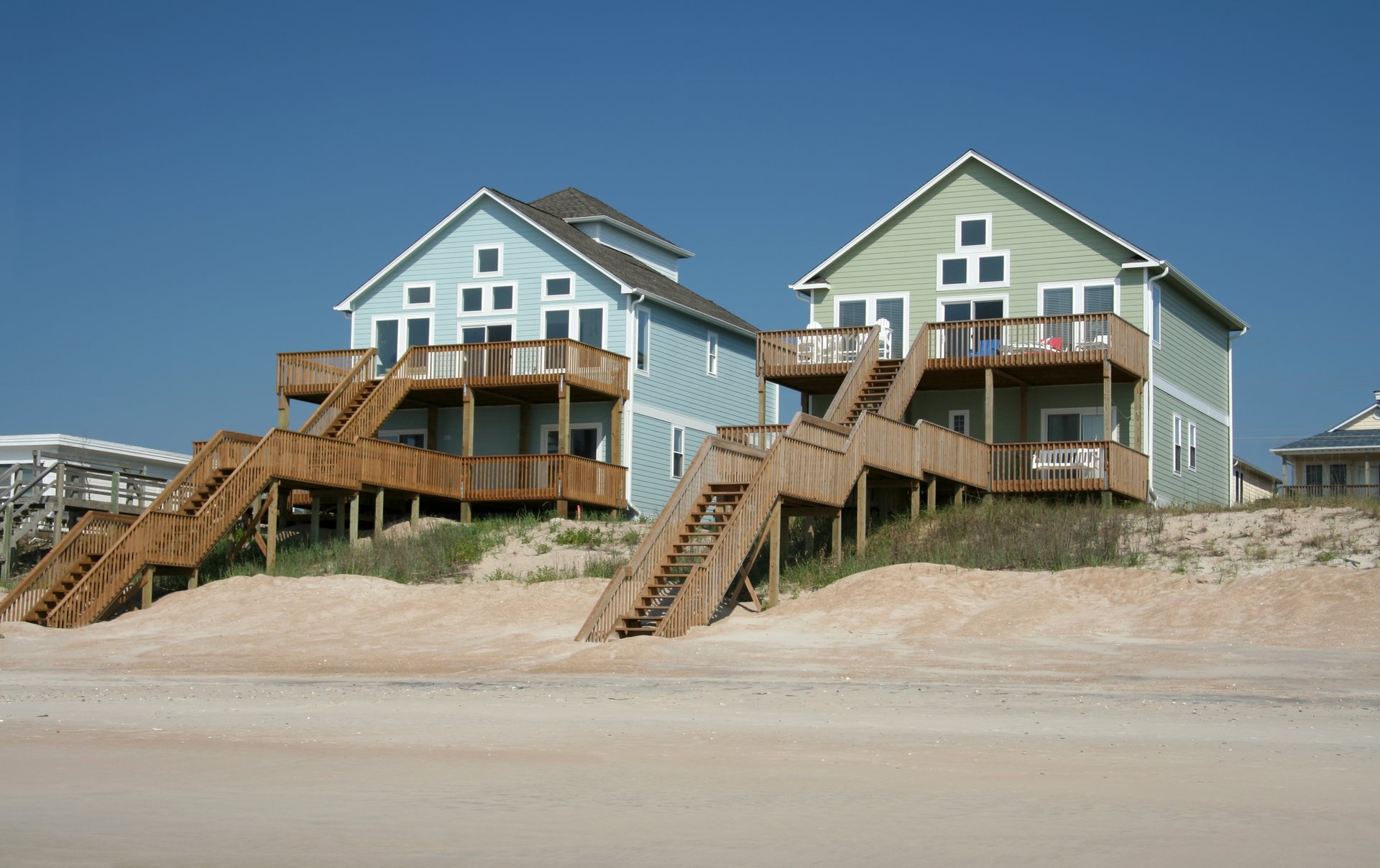
Location, location, location — it’s a saying that can apply to the cost of home insurance as much as it does to the cost of a home itself.
A new Insurance.com analysis shows homeowners insurance premiums can vary drastically across the nation, with location being a key factor.
And one type of “location” is especially likely to boost your rates: ZIP codes with average homeowners premiums well above the national average tend to be in coastal areas prone to natural disasters like hurricanes.
The ZIP code 33050 — home to Conch Key, Florida — has the highest average annual premium in both the Sunshine State and the nation at $11,702.
The national average is $1,228.
Conch Key is part of the Florida Keys, the chain of islands off Florida’s southern tip. Hurricane Irma first made landfall in the continental U.S. by striking the Keys last month.
According to a Miami Herald report, the Category 4 storm’s impact destroyed 675 homes and commercial buildings in the Keys, including 10 homes on Conch Key.
Michael Barry, spokesman for the Insurance Information Institute, tells Insurance.com:
“Homeowner rates are based on actual and anticipated losses across the state so if a state is prone to natural disasters, it will push up the cost of insurance for everyone in the state. It will have the biggest impact on areas where natural disasters tend to hit most often, coastal areas for example.”
For the analysis, Insurance.com identified the ZIP code in each state with the highest and lowest average annual premium. The premiums are based on a policy for $200,000 in dwelling coverage and $100,000 in liability coverage with a $1,000 deductible.
Based on Insurance.com’s analysis, the top five ZIP codes with the highest average annual premiums for their respective states are:
- 33050 (Conch Key, Florida) — average annual premium of $11,702
- 70091 (Venice, Louisiana) — $11,151
- 39595 (Pascagoula, Mississippi) — $7,922
- 36561 (Gulf Shores, Alabama) — $7,850
- 77550 (Galveston, Texas) — $7,105
The bottom five ZIP codes with the lowest average annual premiums for their states are:
- 96814 (Honolulu) — $332
- 07920 (Basking Ridge, New Jersey) — $485
- 83729 (Boise, Idaho) — $498
- 05404 (Winooski/Burlington, Vermont) — $525
- 97003 (Beaverton, Oregon) — $532
You might be surprised to see a ZIP code in the island state of Hawaii having the lowest rates in the nation. But that, too, is connected to hurricanes — although in an unexpected way. Barry explains:
“One major factor in Hawaii is the fact that most standard homeowner insurance policies do not cover hurricane damage. Hurricane Iniki, which hit in 1992, did so much damage that the majority of insurers excluded hurricane damage from their coverage. Homeowners in Hawaii now have to purchase a separate hurricane damage policy.”
Factors affecting your homeowners insurance rates
Your home’s location, including its exposure to storms like hurricanes, is not the only factor that affects your homeowners insurance premium. Insurance.com lists the top factors that influence rates.
Those that have the biggest impact on your rates are:
- Your home’s location — including its exposure to hazards like storms, wildfires and burglaries
- Your home’s value
- The cost to rebuild your home if it was destroyed
- Local construction costs — which accounts for building material costs as well as availability and other factors, like building regulations
- Your home’s age
- Risk exposure on your property — such as from a swimming pool, trampoline, guest house or aggressive dog breed
- How close your home is to a fire station
- The claims history of your neighborhood, yourself and the previous owner of your home
- Your insurance score — which is based, in part, on your credit score (except in Maryland and Hawaii, where this is not allowed)
To learn more about that insurance score, check out “Little-Known Credit Score Has Big Impact on Home Insurance Rates.”
To learn about how you can reduce your rates, check out “8 Foolproof Ways to Slash the Cost of Homeowners Insurance.”
What’s your take on this news? Let us know what you think by commenting below or on our Facebook page.




Add a Comment
Our Policy: We welcome relevant and respectful comments in order to foster healthy and informative discussions. All other comments may be removed. Comments with links are automatically held for moderation.